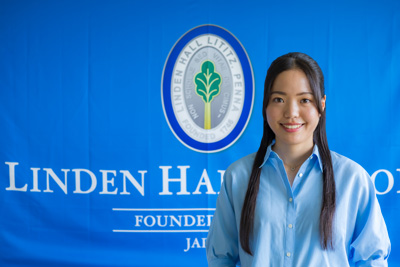
Graduated in 2022
During my time in high school, I led an SDGs project, co-chaired a youth session at the UN headquarters, and founded the Ukraine Peace Summit, which gained national attention. Linden Hall School is a great place for students to follow their favorite and most interesting pursuits , with a carefully structured support system for extracurricular activities.
The Afghanistan Project, in which my entire class participated, is one of my fondest memories. This project consisted of a summit and a fundraising event, and we were all able to contribute without leaving any of our members behind. It was through this activity that I came to realize the intrinsic value of giving one's all for the sake of others.
I am currently studying at the University of California, Davis, where I am learning ten times as much as I did with the IB, but am able to keep up with the current pace of classes thanks to the thorough time management techniques I learned in the IB.
I was able to transfer 30 credits and advance one year (skipping a grade) because foreign universities allow transfer of IB credits. Normally it takes four years to get a bachelor's degree at a US university, but I plan to graduate in three, taking a few extra credits each quarter.
After graduation I hope to attend veterinary school and then work as a veterinarian. From the perspective of One Health (an approach that does not treat humans, animals, and ecosystems as separate disciplines, but integrates and optimizes them), veterinary medicine is part of the foundation for maintaining the health of the world. In the future, I will contribute to society as a responsible veterinarian.
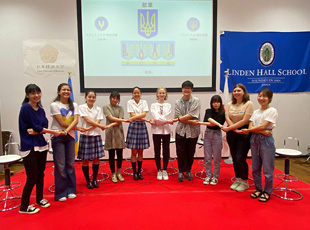
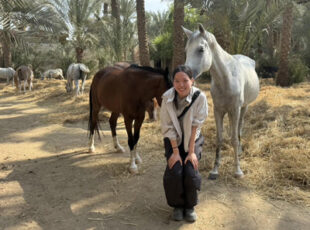
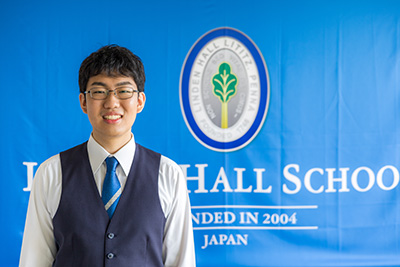
Graduated in 2022
During my 12 years at Linden Hall School, I was able to accrue a lot of practical experience. I experienced Japanese culture through rice cultivation, pottery, and tea ceremonies, I participated in environmental activities such as composting and beach cleanups, and realized the importance of learning through hands-on experience.
My experience with the IB program left a strong impression. On this program, I acquired not only knowledge, but also developed my concentration and communication skills through report writing, presentations, and independent research activities. In addition, by studying for the IB in English, I was able to use both Japanese and English, access a wide range of information, and gain a multifaceted perspective. I feel that these experiences will provide me with the foundation to be active in international settings in the future.
The Global Space Design Challenge (GSDC) 2023, in which I participated with scholarship support from the school, was also a very valuable experience for me. While working with participants from different backgrounds and taking a scientific approach to the challenge, I gained a deeper understanding of how to address the global issues that humanity faces. Through these practical experiences, I have developed a strong desire to contribute to solving global issues through science and technology.
My aspiration is "to realize a better world through science and technology”. I would like to make steady progress toward specific goals to solve environmental and energy problems, rather than letting my dream become just an unfocused aspiration. In the future, I aim to contribute to solving global issues through research in the field of materials science, such as the development of environmentally-friendly materials and high-performance batteries. With this ambition in mind, I will continue to strive as a pioneer towards the future.
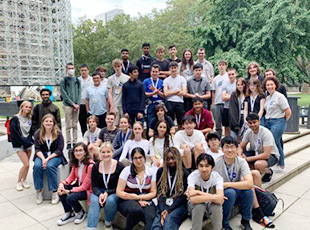
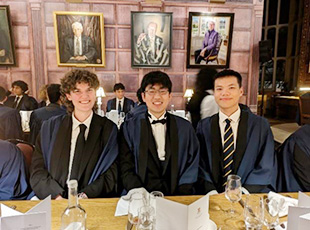

Loading